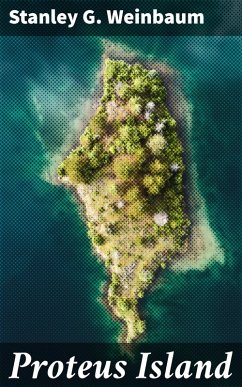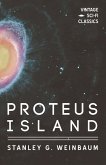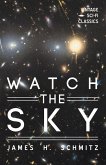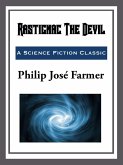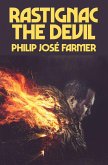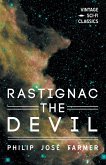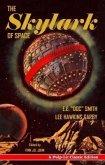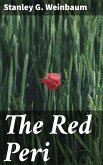Stanley G. Weinbaum's "Proteus Island" is a seminal work of science fiction that delves into the themes of identity, transformation, and the human experience in an alien world. Published in 1935, this novella showcases Weinbaum's innovative narrative style, characterized by its vivid imagery and emotional depth, which was groundbreaking for early science fiction. The story is set against the backdrop of a bizarre and richly imagined extraterrestrial environment, where the protagonist navigates the complexities of alien life and the fluidity of existence. Weinbaum skillfully weaves philosophical questions into the fabric of his narrative, inviting readers to ponder the essence of humanity amidst the marvels of the cosmos. Stanley G. Weinbaum, often recognized as a pioneer of modern science fiction, was influenced by his educational background in engineering and his passion for astronomy. His life experiences, particularly his struggles with illness, imparted a unique perspective on the fragility of life and the quest for identity in unfamiliar contexts. This understanding is reflected in "Proteus Island," where transformation and adaptability take center stage, revealing Weinbaum's fascination with the interplay between technology, evolution, and the quest for self. "Proteus Island" is highly recommended for aficionados of science fiction and literary exploration alike. It stands as a testament to Weinbaum's ability to blend scientific thought with imaginative storytelling, making it a profound read for those intrigued by the possibilities of life beyond Earth. This novella not only entertains but also challenges readers to engage with fundamental questions of existence, making it a crucial addition to the canon of speculative literature.
Dieser Download kann aus rechtlichen Gründen nur mit Rechnungsadresse in A, B, BG, CY, CZ, D, DK, EW, E, FIN, F, GR, H, IRL, I, LT, L, LR, M, NL, PL, P, R, S, SLO, SK ausgeliefert werden.

